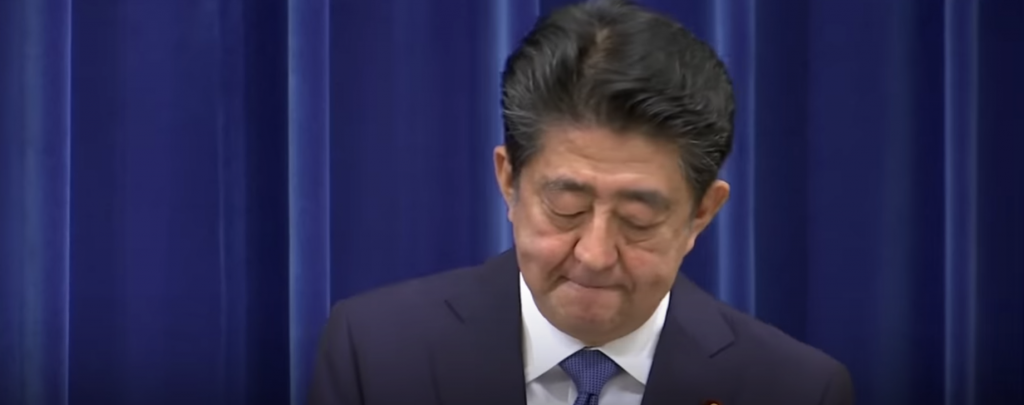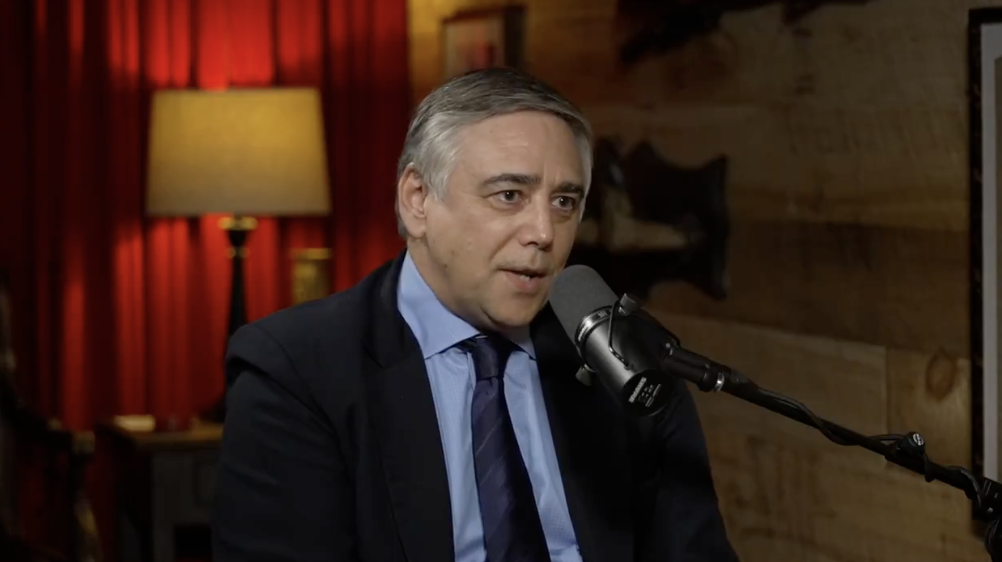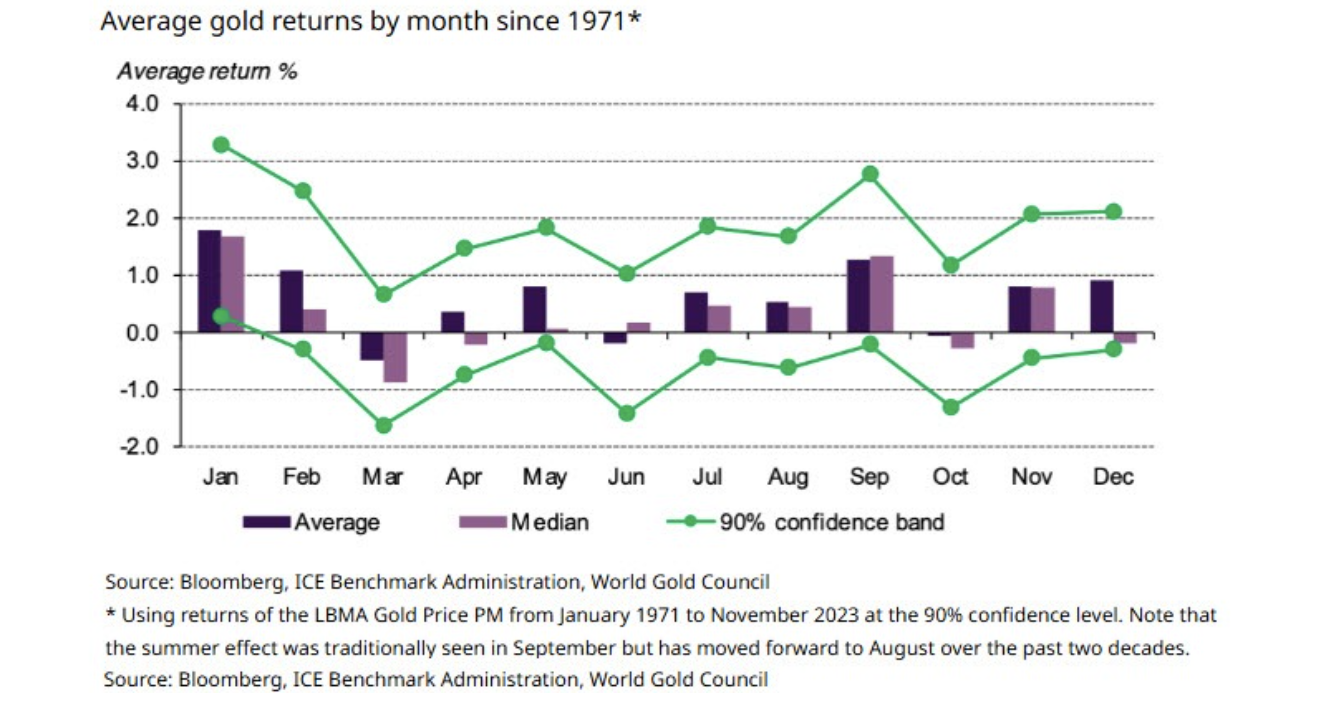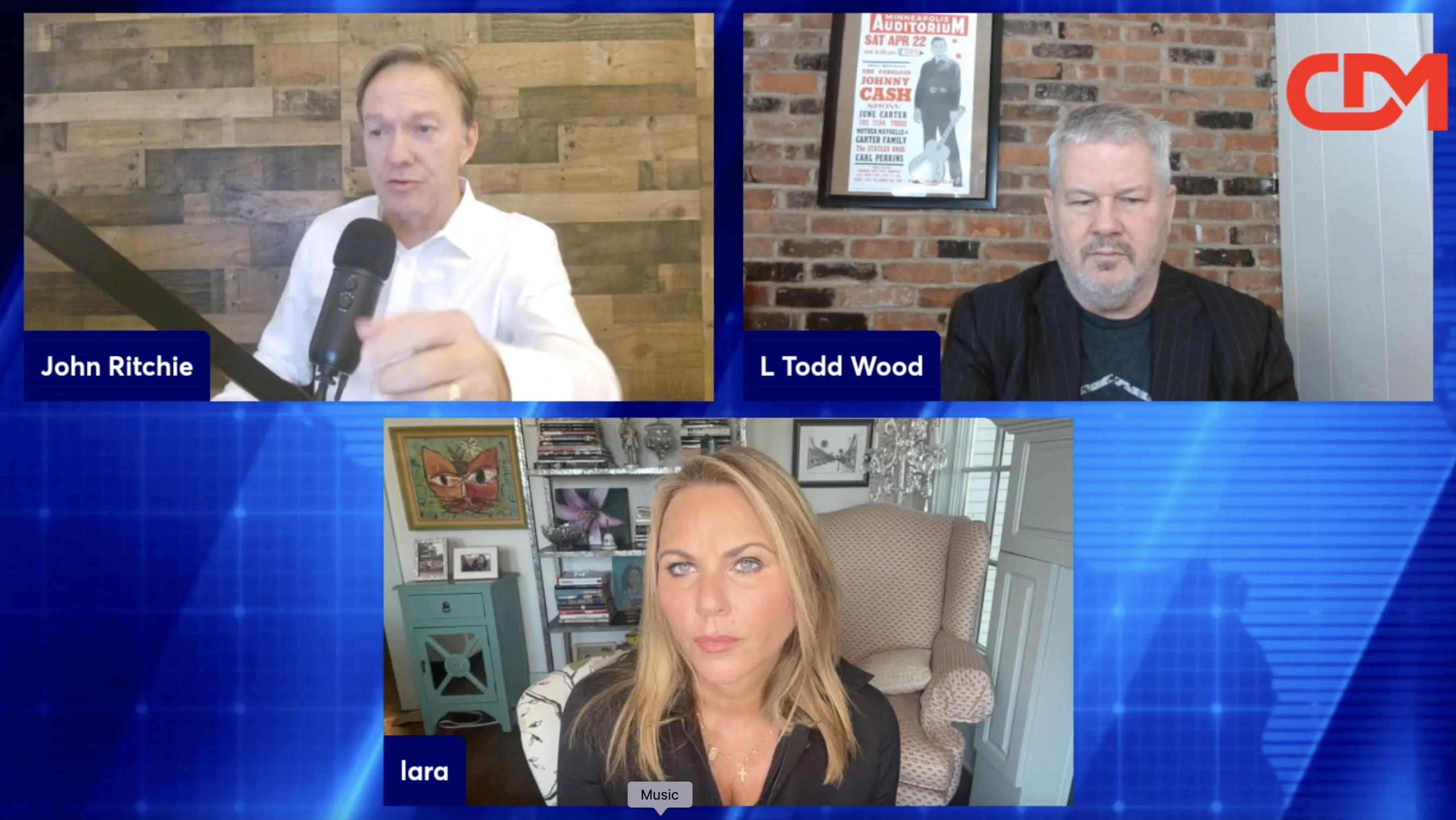
Screenshot from YouTube.
In a Friday press conference, Japanese Prime Minister Shinzo Abe announced he has stepped down due to concerns over his health in his role as the leader of the island nation.
Abe has seen recurring hospitalizations in recent weeks due to chronic ulcerative colitis (a long term condition that brings abdominal pain, and burdensome and uncontrollable diarrhea that can only be treated by medication, dietary changes and surgery).
While Japan works to choose its new leader, Abe has also stated he will remain as caretaker in the PM position. As he lives out the rest of his days in office it is predicted a fierce battle will be waged between those looking to fill his position. The PM has no definite and established successor.
The resignation has been regarded as a defeat by some as Japan tussles with an aging population coupled with a declining economy. The Coronavirus pandemic has pushed the nation into a corner with Abe's approval rating declining in recent years. In fact, since 2018 more Japanese disprove of Abe's job than those who support him, reports Bloomberg.
Japan's challenges don't stop there the nation faces considerably worsening relations between China and the U.S. Additionally, China's neighbor and long time ally North Korea has ramped up its dangerous rhetoric and threats towards the outside world, namely the U.S., threatening Japan and regional stability.
Interestingly enough, Friday wouldn't be Abe's first resignation. He quit in 2007 as PM over similar concerns. Abe's critics have drawn a parallel between the two as Abe's 2007 resignation followed the defeat of his Liberal Democratic Party (LDP).
Critics of Abe have also been quick to harp on the fact he has resigned following a corruption investigation that may have the PM as a center piece.
"He is under investigation by the Japanese prosecutors for violations of election laws, similar to those his former handpicked justice minister is now being tried for in the lower courts of Tokyo. Testimony in that case may implicate Abe in the political scandal as well," wrote the Daily Beast.
While critics state Abe is avoiding scandal by stepping down, only time will tell whether he is implicated in his retirement. What we do know is that Japan will need a strong leader to lead the country through an economy labeled as "unfixable".

























[…] Japan’s PM Shinzo Abe Steps Down Over Decline In Health […]